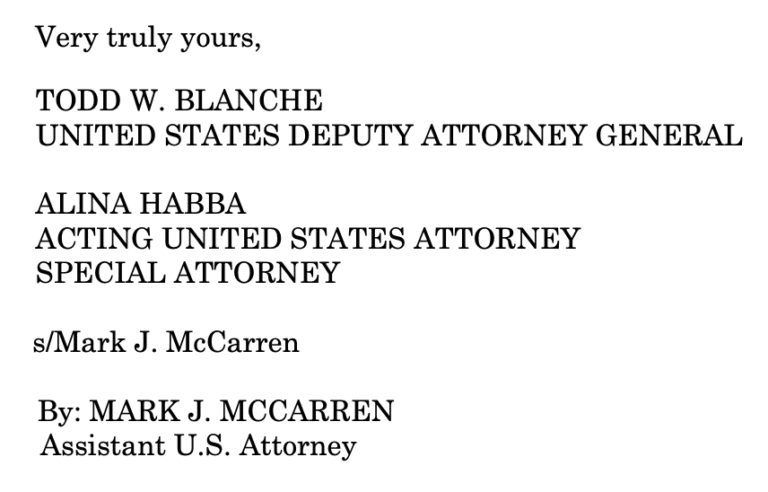Congresswoman McIver’s Oversight Battle: Analyzing Political and Legal Implications
In recent months, the landscape of political prosecutions has raised considerable scrutiny, particularly around the case involving Congresswoman LaMonica McIver. As the discourse on politicized prosecutions heats up, many speculate that these legal moves may unintentionally empower those they aim to target, revealing deeper issues of corruption and ethical violations within political structures.
Legislative Oversight: A Key Aspect
Motions filed by Congresswoman McIver elucidate her dedication to oversight in immigration matters from her very first days in office. The evidence illustrates her and fellow legislators asserting their right to inspect the Delaney Hall facility, drawing attention to the legal framework that governs Congressional oversight. This foundational right underscores the critical role legislators play in maintaining checks on governmental authorities.
Body Camera Footage and Legal Context
Significant body camera footage has surfaced in discovery, indicating that Deputy Attorney General directives led to a series of unusual events surrounding the arrest of Mayor Ras Baraka. The footage captures claims of unlawful procedural actions, illustrating how McIver and her colleagues were wrongfully obstructed while attempting to conduct their oversight responsibilities.
Congressional Immunity: The Legal Argument
McIver’s legal strategy pivots around the assertion of Congressional immunity, invoking the principles of the Speech and Debate Clause. This defense suggests that her actions as a legislator warrant protection from criminal prosecution. By arguing that her role covers the outer boundaries of her official responsibilities, she challenges the prosecution’s legitimacy, making a strong case for the protection afforded to lawmakers during their official duties.
Motion to Compel Discovery
In an effort to strengthen her defense, McIver has filed a motion to compel further discovery, crucially requesting body camera footage from key law enforcement officers present during the incident. Notably absent recordings raise questions about adherence to ICE policies, aligning with McIver’s narrative that her legal rights and the procedural integrity of her oversight were undermined during the visit.
Selective Prosecution: A Compelling Comparison
Central to McIver’s discourse is the issue of selective prosecution, particularly in light of recent dismissals concerning January 6th defendants who faced serious charges involving violence against federal officers. She argues that the disparity in treatment between her legislative actions and those of rioters highlights a troubling trend in the prosecutorial approach of the Department of Justice. This duality accentuates the broader implications of how political motivations may influence legal outcomes.
Public Statements and Legal Proceedings
The impact of public statements on McIver’s case cannot be overlooked. She has signaled intentions to restrain misleading communications released by the Department of Homeland Security (DHS), which potentially skew public perception and influence legal proceedings. The dynamic between public discourse and courtroom realities raises essential questions about justice and accountability within the political landscape.
Conclusion: A Complex Political Landscape
As the case unfolds, the spotlight on Congresswoman McIver’s oversight efforts sheds light on broader themes of accountability, legislative power, and political ethics. The intersections of law, public discourse, and political conduct will continue to engage observers as we watch the implications of this case extend beyond the courtroom, influencing how we perceive the role of Congress in overseeing governmental agencies.
